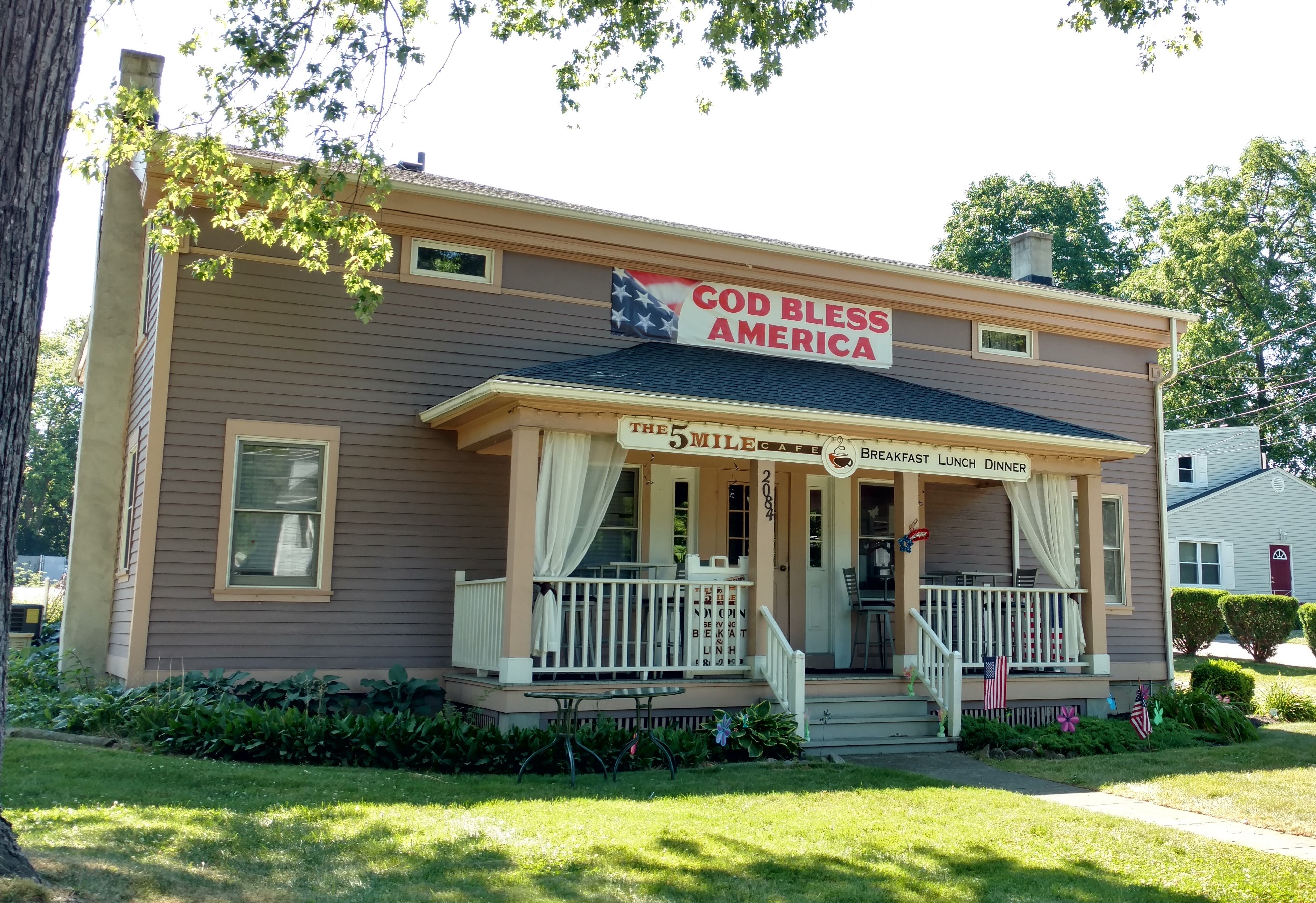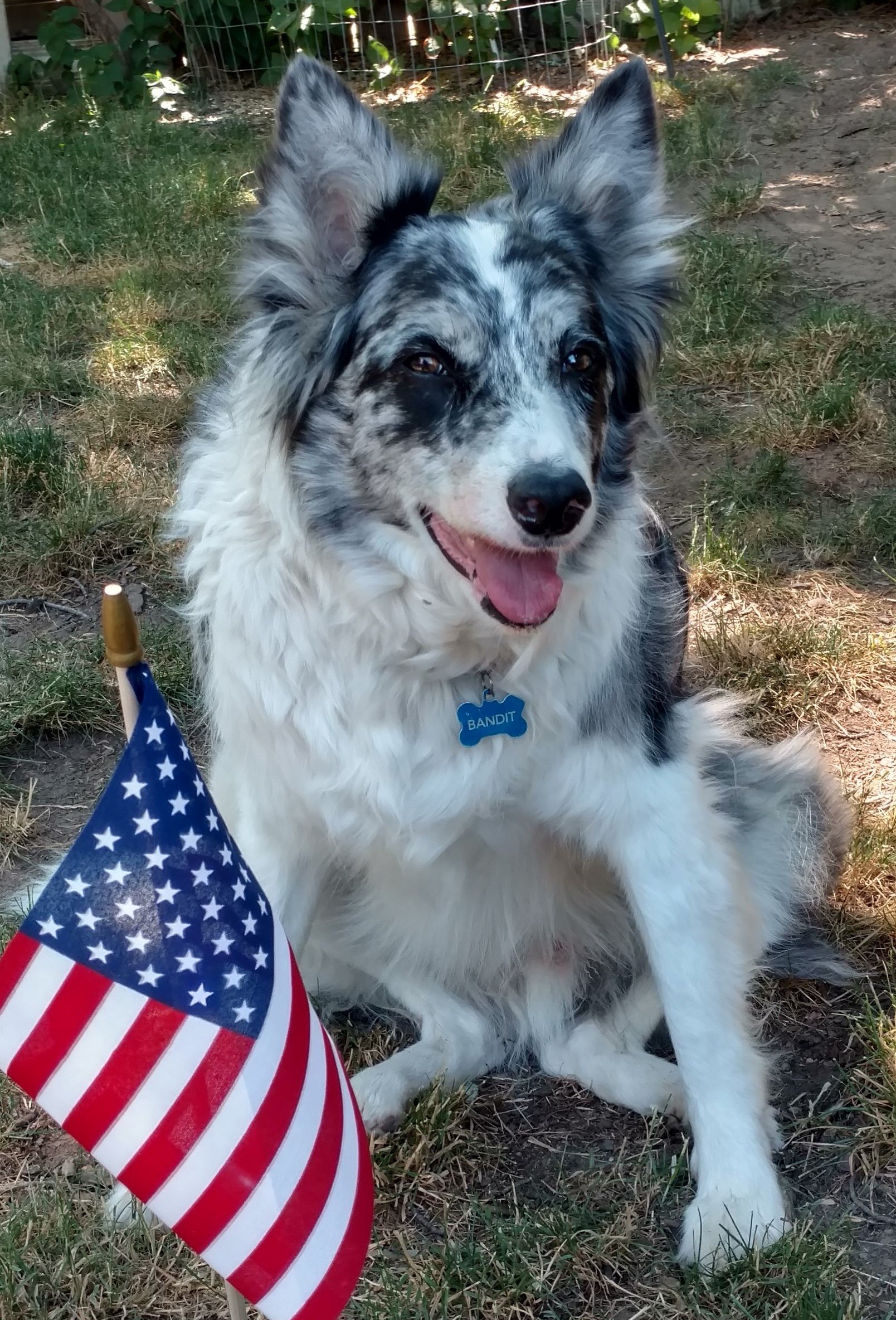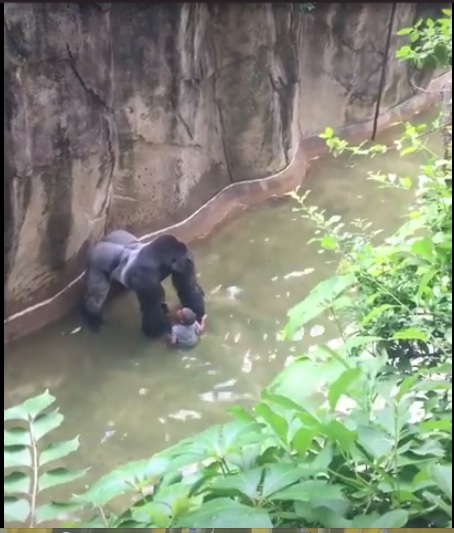This video from the Humane Society offers a glimpse at puppy mills and commercial breeding operations.
The story that hit the news this week that a dog breeder is planning to build a large, wholesale commercial dog breeding facility in Gorham, NY has struck a nerve with animal lovers across the U.S.
Unfortunately, emotions run high in situations like this, and there are lots of people who are all fired up with nowhere to direct that passion. So before everyone goes off half-cocked and descends on the town of Gorham like locusts, let me share an important thought:
While it’s important that animal advocates in Gorham who are opposed to a large commercial dog breeding facility have the support and encouragement from dog lovers across the U.S., it’s also important to know that the people who live in the town of Gorham are the ones who need to be show up to meetings, call their local government offices, and get involved in their town business.
A million phone calls from California or Idaho or even Rochester won’t make a difference if the people in Gorham aren’t represented. How you feel about the commercial dog breeding business and what is legal regarding that business are not the same thing. If a change needs to take place, it needs to start with the people in Gorham – who may need to work with their town to ban the licensing of commercial dog breeders, like was done in Romulus, NY. (I have more information on how that was done, if you want it.)
IF YOU LIVE IN GORHAM, the best thing you can do right now:
1) Contact your town offices and find out when the next meeting will be held where the public will have an opportunity to speak.
Gorham Town Offices
PO Box 224
4736 South St.
Gorham, NY 14461
Town Supervisor: Fred Lightfoote
585-526-5231
[email protected]
2) Get there early and organize yourselves so that you have a handful of eloquent speakers who can bring your concerns to the board in a calm, reasonable, informed manner and do it in the time alloted.
3) Bring copies of the USDA citations, specific questions about the humane care and treatment of dogs in large breeding facilities (ie: how dogs are crated, what happens to dogs that are past breeding, statistics on the number of shelter dogs euthanized each year, etc). Just saying that it’s inhumane isn’t enough. People differ on the concept of “humane”.
4) If you are a veterinarian, show up and be prepared to discuss the health problems inherent with pet store dogs from large commercial breeders.
5) Remain calm and respectful at all times. Regardless of which side of the issue you’re on, remember that you’re dealing with human beings who deserve to be heard. Listen to the other side, respond to issues and avoid personal attacks. Basically … be nice.
Two hundred people chanting “stop puppy mills” or a hundred people from the city of Rochester repeating the same sentiment isn’t going to do much and in fact may be counterproductive.
IF YOU DON’T LIVE IN GORHAM, but are newly aware of the puppy mill problem and want to get involved, don’t quench that fire!
Concerns like the ones that exist in Gorham are happening all across the U.S. The time to stop commercial breeders is before they’re allowed to operate in your area. Here are some ways you can get involved:
1) Visit the Humane Society’s website for tips on how to stop puppy mills.
2) Contact your local municipal animal shelter or SPCA and volunteer. That’s right. Get your hands dirty. Walk dogs, clean cages, answer phones. If things are going to change regarding commercial dog breeders, you need to understand the problem from the top on down. It’s not just making sign and parading in front of a meeting. It’s looking a shelter dog in the face or realizing that there are other animals facing inhumane treatment besides puppies.
3) Channel that energy to other issues involving animal cruelty. The same breeding conditions that we’re talking about in a large commercial dog operation or a puppy mill happen every day in commercial feed operations. Yup, that bacon in your BLT came from a facility that could just as easily be called a piggy mill. What about cockfighting? Feral cats? Wildlife conservation? Visit this page to find out how the HSUS is at work in your state and how you can get involved. You can also visit websits like Best Friends Animal Society, the ASPCA, or Companion Animal Protection Society to find out how you can be involved in animal welfare projects.
AND FOR PEOPLE OF FAITH on both sides of the issue: pray for guidance. I was stunned to hear from people I know who are devout Christians – I mean, Jesus followers – who not only weren’t concerned about the commercial dog breeding facility but told me that it was no one’s business what went on inside a commercial dog breeding facility, adding things like, “human liberty trumps canine comfort”. And it wasn’t just a few people, either. Which says to me that even in the faith community the issue of the humane treatment of animals isn’t a black and white issue. (Then again, when is anything in the faith community ever black and white?)
While I am admant about advocating for the humane treatment of animals, there’s no reason to be rude, to be destructive, or to be criminal when we’re addressing concerns. I believe with all my heart that God’s eye is on the sparrow, and His eye is on the animals we’re talking about in this case. Do what you can, do it with grace and respect, pray for God’s guidance, and let Him do His will for a larger purpose.
But if the issue has struck a nerve with you, don’t sit back and do nothing.
RELATED POSTS:
- The Humane Society of the United States forms new dog Breeders Advisory and Resource Council
- Animal cruelty and the problem of cockfighting (video)
- Readers speak out on the Gorham dog breeding facility
- Large “wholesale” dog breeding facility (puppy mill) approved for Gorham, NY
- Are pet adoption rules too restrictive? And is a pet store your only other option?















